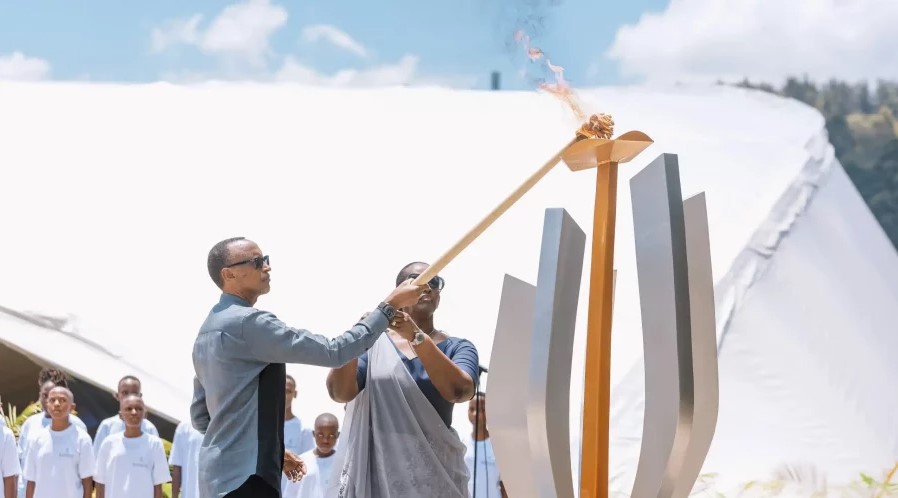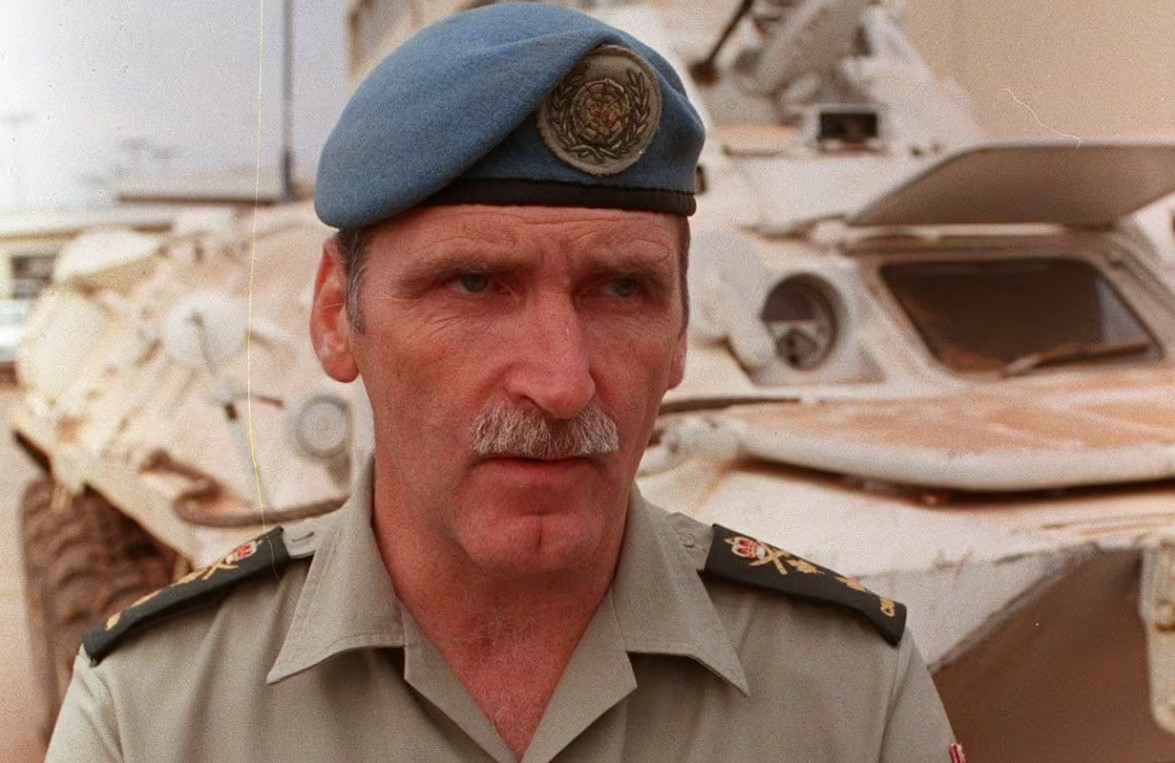Canada’s London West MP, Arielle Kayabaga, has requested Canada’s parliament to designate the Democratic Forces for the Liberation of Rwanda (FDLR) as a terrorist group. The MP’s request came after she returned from Rwanda after attending Rwanda’s Kwibuka 30 ceremony, which commemorates the 30th anniversary of the 1994 Rwandan genocide.
After 30 Years
A number of different world leaders and representatives from many different nations recently travelled to Rwanda for the nation’s 30th commemoration of the Rwandan genocide. The Rwandan genocide, which began on April 7th and ended on July 15th of 1994, resulted in the deaths of up to 800,000 ethnic Tutsi.
Kwibuka 30 was held on April 7th, and was headed by Rwandan President Paul Kagame who spoke of the genocide, Rwanda’s road to recovery, the importance of preventing genocide, the promise of “never again,” the legacy of the genocide, but also spoke of the Democratic Forces for the Liberation of Rwanda, the FDLR.

The FDLR is a militant group that operates within the east of the Democratic Republic of the Congo (DRC). The FDLR, in it’s origin, was formed primarily out of former genocidaires who had escaped to the DRC at the end of the Rwandan genocide, fleeing the opposing forces of the Rwandan Patriotic Front, who proceeded to seize control of Rwanda.
The FDLR has launched attacks across the border of the DRC into Rwanda on several occasions, and has been accused of carrying out attacks on ethnic Tutsi within the DRC.
Groups like the FDLR, militias whose membership comprised primarily of former genocidaires, have caused significant tension between the DRC and Rwanda. Tensions exploded into war in 1996, when Rwanda invaded the DRC in order to carry out attacks against such groups that had based themselves within the DRC. The Rwandan invasion spawned the First Congo War, known as ‘Africa’s World War’. The war resulted in the deaths of over 200,000 people.
In modernity, the FDLR is a significant point of tension between Rwanda and the DRC.
While the FDLR continues attacks against ethnic Tutsi within the DRC, Rwanda has accused the DRC’s military of cooperating with the FDLR, and fighting alongside them against other militia/rebel groups that they both are enemies of, in particular the DRC’s M23 rebels (which are primarily ethnically Tutsi). Though the DRC denies these allegations, the UN has claimed that the DRC is in fact fighting alongside the FDLR.
The M23 rebellion is another significant source of tension between the DRC and Rwanda, as the DRC accuses Rwanda of supporting them. Rwanda has continually denied these allegations. However, as they have said the DRC cooperates with the FDLR, the UN has additionally stated that Rwanda is supporting the M23.
The FDLR, and the issues it causes, was a key topic of Kwibuka 30.
Requests to the Canadian Government
Minister Kayagaba made two primary requests to the Canadian government in their April 10th parliamentary session. Firstly, to designate the FDLR as a terrorist group, and secondly, to ensure that the government commits to bringing to justice any potential perpetrators of the genocide who reside on Canadian soil.
Her second request comes after Romeo Dallaire, a former Canadian senator, lieutenant-general, and the head of the UN’s force in Rwanda during the genocide, UNAMIR, claimed that some of the perpetrators of the genocide are residing in Canada, free of consequence.

Dallaire claimed, after he had pushed for trials to take place against any genocidaires residing in Canada, that Canada’s Justice Department had told him that “we don’t have the money to be able to do the trials.”
Trials in Canada against perpetrators of the Rwandan genocide have historically taken place. One such trial in 2007, against Desire Munyaneza, was Canada’s first ever trial under the Crimes Against Humanity and War Crimes Act. The trial ended with Munyaneza being found guilty of several counts of genocide and war crimes.
While the UN has faced severe scrutiny for failing to prevent, or intervene meaningfully in the Rwandan genocide, UNAMIR’s limited force was responsible for saving thousands of lives over the course of the genocide.
Although Minister Kayagaba has requested these things of the Canadian government, there is no guarantee they will fulfill her demands.


